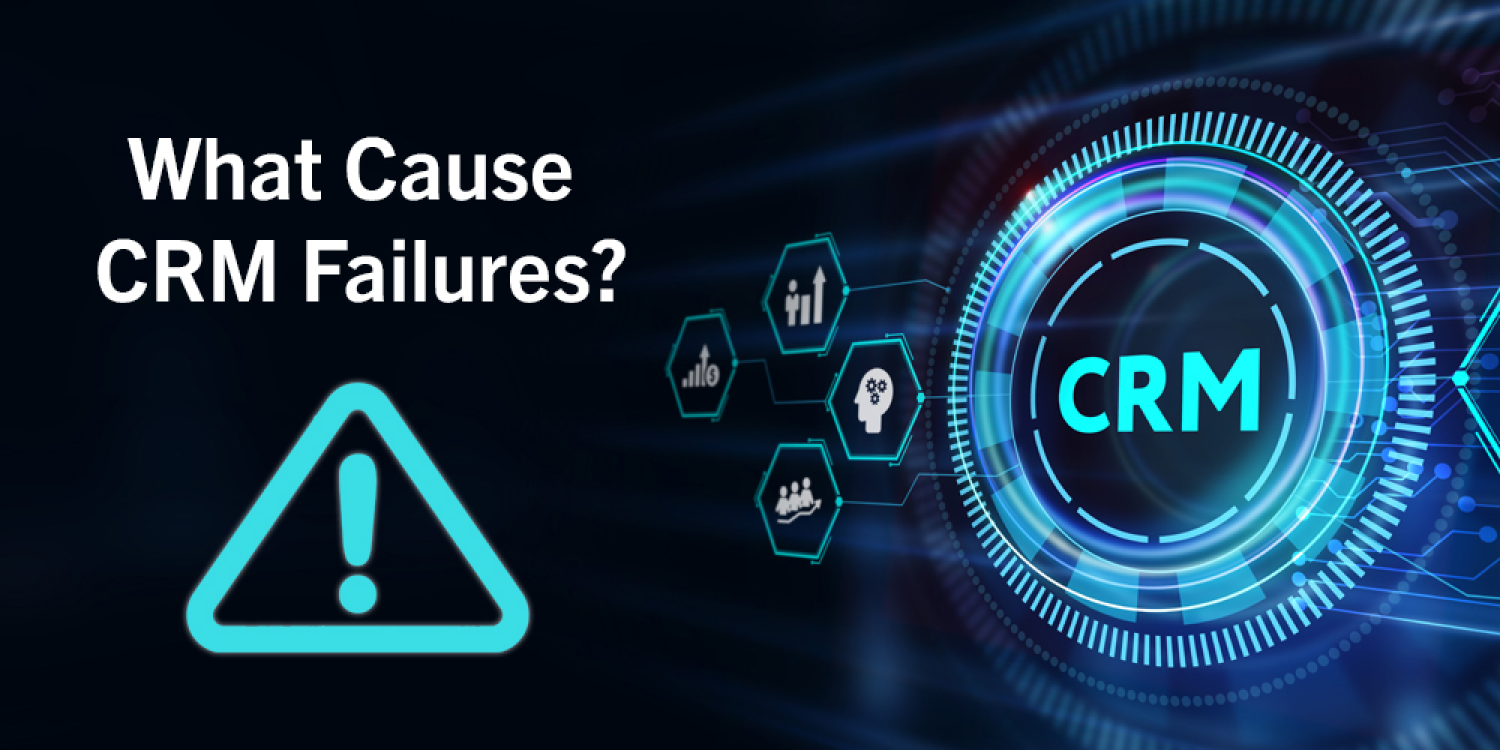Customer relationship management (CRM) is a model that allows an enterprise to interact with existing and prospective customers in a systematic and structured way. CRM allows the enterprise to understand what their customers want, and provide it to them. Such customization would most likely make the company’s engagement with the customer more effective, leading to improved customer satisfaction. Incidental benefits include the prospects of cross-selling and references for prospects. All these ultimately lead to improved sales.
CRM entails the application of technology to organize, automate, and synchronize the activities of the sales, marketing, customer service, and technical support teams, with an underlying focus on serving the customer better. A good CRM system collects, manages, and links the information regarding a customer including their previous purchase data, preferences, and more, and makes it available to the management, marketing team, sales team, and everyone else dealing with the customer.
Such noble and lofty aims notwithstanding, the success rates of CRM initiatives are low. Multiple studies over the last decade show that 20% to 33% of all CRM software efforts have failed to live up to expectations or failed outright. Some studies place the failure rate as high as 70 to 80 percent.
The reasons for CRM failures are many:
1. Lack of Focus
A critical reason for the failure of CRM initiatives is a lack of focus. Successful CRM projects have a clear trajectory that strives for specific goals and objectives.
CRM, to be effective, requires alignment with the enterprise’s core strategy. The pre-requisite for this includes clear-cut organizational goals in the first place, understanding them, and then expressing them in clear, specific, and measurable terms. The CRM should then incorporate components that further such goals.
For instance, depending on the corporate strategy, the focus of the CRM initiatives may be to increase sales, improve profitability-per-sale, grow customer share, or attract new customers. With such a clear focus, the next step is to have a specific, measurable, and attainable target.
2. Lack of Commitment
Another major reason for the failure of CRM initiatives is the lack of support of patronage from all the stakeholders, especially the top management, and the sales team. The top management may consider CRM exercise as a cost center, and the sales team may consider the entire exercise as imposed on them by the management to make their work easy, at the cost of making the sales team’s work more arduous and time-consuming. The lack of commitment may also set in due to poor communication, which leaves the objectives and methodology unclear, or a lack of training to deliver the necessary expertise to the required staff.
The pre-requisite to instill commitment among the sales-facing staff is an easy and seamless system, which gels in with the work process, rather than obtrudes or becomes a productivity barrier. A good CRM system incorporates the feedback and suggestions given by the user and automates processes to the extent possible.
The biggest casualty of lack of commitment is missing and wrong data, which can render the whole system awry and make CRM an exercise in futility. It is important to identify ownership of data and adopt a system of reward and punishment to ensure the input of proper data. It is also imperative to audit the data at frequent intervals, to maintain clean data. There is also a need to integrate disparate systems that hold legacy data so that existing data comes in smoothly.
3. Approaching CRM as a Technology-Only Solution
Many people mistake CRM for software. Software is an integral and now indispensable part of the CRM process, but CRM goes much beyond software. CRM is rather an enterprise-wide effort, involving personnel and cutting across departments. Considering it as a pure software project, and entrusting it to the IT department, with some inputs from the sales team, is an approach that fails, more often than not.
Successful CRM implementations re-engineer all the customer-facing processes of the business. The software integrates the processes related to such departments with the enterprise software, to make it efficient, consistent, and timely.
4. Customization Issues
Trying to implement every feature inherent in generic CRM software is a sure route to failure, as much of it would be irrelevant or not suited to the organization’s specific needs. A good CRM solution is customized to suit the organization’s specific needs.
However, over-customization of the software is equally counterproductive, as the software runs the risk of losing much of its core functionality. A good development approach is to have an element of flexibility built to make changes as required.
5. Implementation Issues
The sudden implementation of CRM may derail the system. A good approach is to introduce the CRM in stages, launching small components, allowing the stakeholders to become accustomed to it, and gradually upgrade.
CRM is not a one-time implementation. Success depends on a continuous and ongoing cycle of analysis, user feedback, and making updates. Such a process would add new functionality, update processes, streamline workflow, automate processes, drive data quality, and do much, helping to keep it relevant.
If you have any queries regarding our services, feel free to contact us at itsolutions@milestone.tech.




